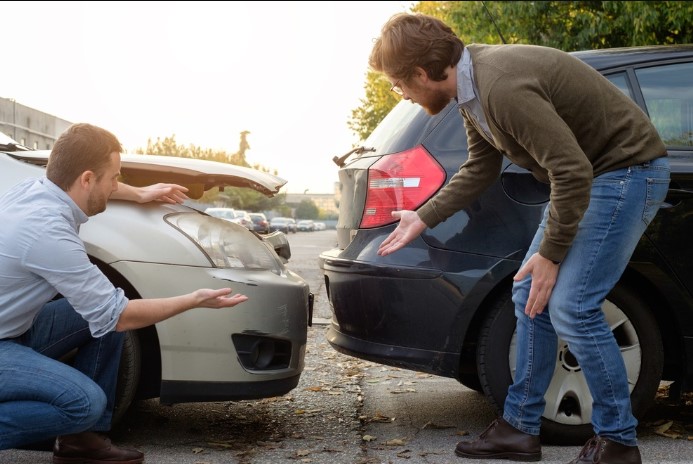Car accidents can result in serious physical injuries that require costly medical care and may impact income generation negatively. Being involved in one can create unexpected medical bills and lead to loss of earnings as a result of lost productivity.
Accidents are avoidable; by adhering to New York State driving laws and avoiding manual and cognitive distractions while driving as well as maintaining your vehicle in good condition you can decrease the odds of crashing. Hiring a car accident lawyer is almost always a good idea.
1. Talk to the Eyewitnesses
Eyewitness testimony can be an essential piece of evidence in your car accident claim. Speak to witnesses at the scene as soon as possible after an incident occurs to increase their likelihood of providing a statement and recall what occurred more easily.
Ask the eyewitness what they saw and their assessment of how the collision took place. Also discuss their vantage point, their travel lane when it occurred and any factors which may have contributed to its cause – such as too fast of vehicles in terms of conditions driving too quickly etc.
Bear in mind that those who witness car accidents typically have much on their plate; from having to go to work to caring for children or pets and meeting other responsibilities. Furthermore, these people may feel emotionally vulnerable after witnessing such an incident and struggle to discuss it right away.
2. Call the Police
While some might argue it’s okay not to call the police following a car accident that does not appear serious, this is usually not recommended. First and foremost, law requires it.
Officers are available to help resolve any disputes about what transpired, but remember that their role is to secure and investigate a crash scene, not take sides in disputes about what took place.
If an officer approaches and requests your statement on fault, politely decline and remain objective as any such statement could be used against you in an insurance claim or lawsuit. Furthermore, many injuries such as whiplash or internal bleeding don’t become visible until later on when swelling sets in or even days later.
3. Take Pictures
Photography at an accident scene can be invaluable when filing insurance claims, defense cases or legal matters. Photos help tell a narrative, document the severity of impact and preserve details that could otherwise fade over time.
Make sure to snap some photographs as soon as it is safe, ideally before police arrive and vehicles are removed from the roadway.
Take pictures at different distances: close-up (one to five feet away), mid-distance (10-15 feet away), and far distance (20 or more feet). Also capture any weather/road conditions like fog or rain as well as skid marks length and width as evidence for your case. Be sure to include images that depict visible damage caused to vehicles involved in an incident as well.
4. See a Doctor
After an EMT has examined you at an accident scene, they may recommend seeing a physician. This recommendation can be particularly important if they believe you have serious injuries – this gives the physician more time and equipment to properly evaluate you in case they missed anything during their examination of you.
Whiplash, internal bleeding and nerve/tissue damage often do not surface immediately following a car accident; left untreated they can result in lasting issues for victims.
Get examined by your primary care doctor as soon as possible after any accident has taken place, even if symptoms seem minor at first. Doing this will allow for accurate documentation of injuries sustained due to the accident and can provide medical proof that supports your claim or lawsuit.
5. Contact an Attorney
Many victims of car accidents feel overwhelmed when dealing with insurance companies, investigators, appraisers and medical professionals after an accident has taken place. A legal representative can be invaluable.
Even if you feel unharmed after an accident, it’s essential to visit a doctor quickly – injuries may not manifest immediately due to adrenaline rush following a crash and seeing a physician will provide documentation of treatment that could prove invaluable if an at-fault driver’s lawyer tries to argue your injuries weren’t as serious.
Your attorney can help you establish the full extent of your damages and obtain just compensation. Your lawyer can also negotiate with local mechanics on your behalf in order to expedite getting you back behind the wheel as quickly as possible – saving thousands in repair bills in some instances.





